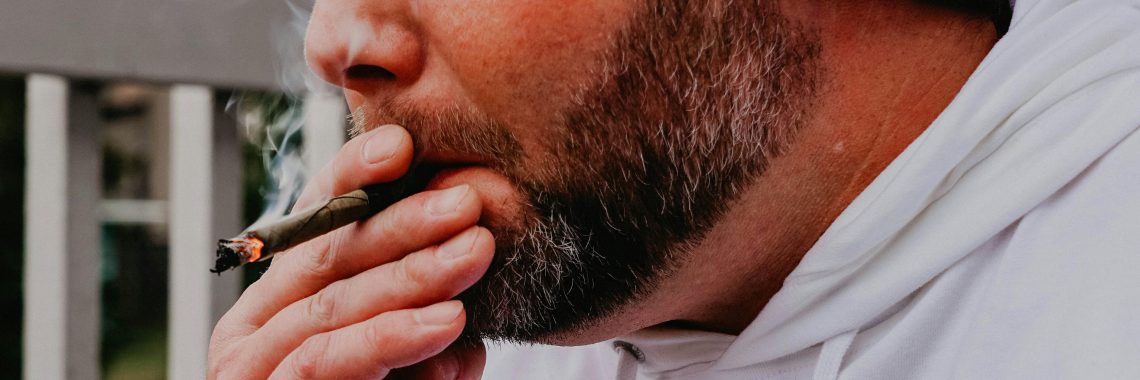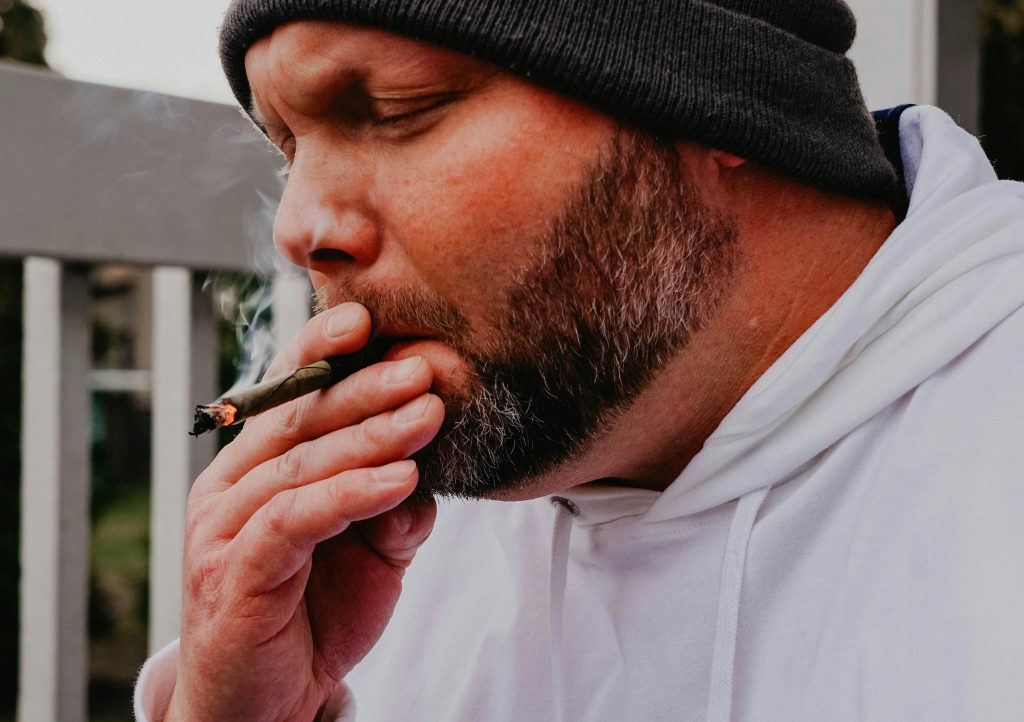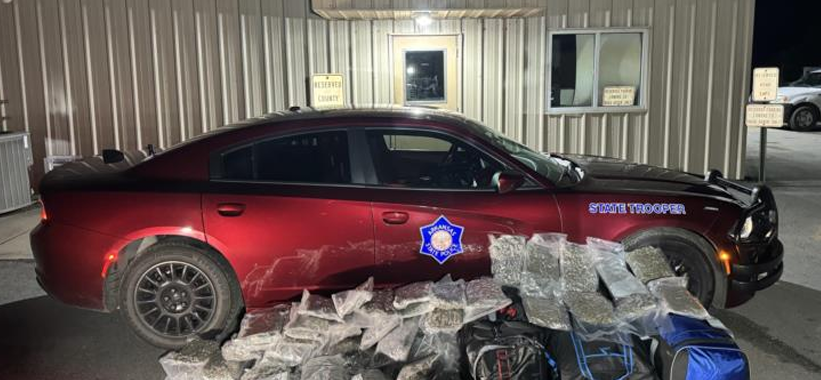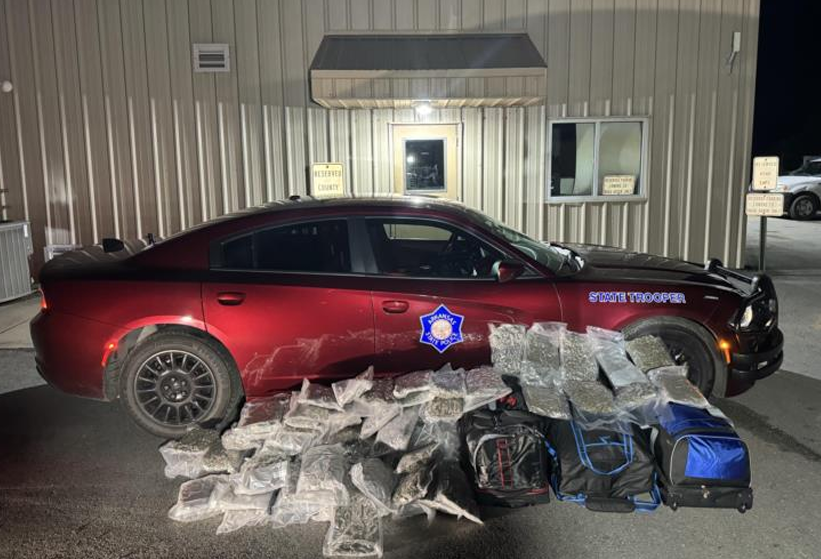Searcy Nurse Honored for Saving Student from Apparent THC Overdose
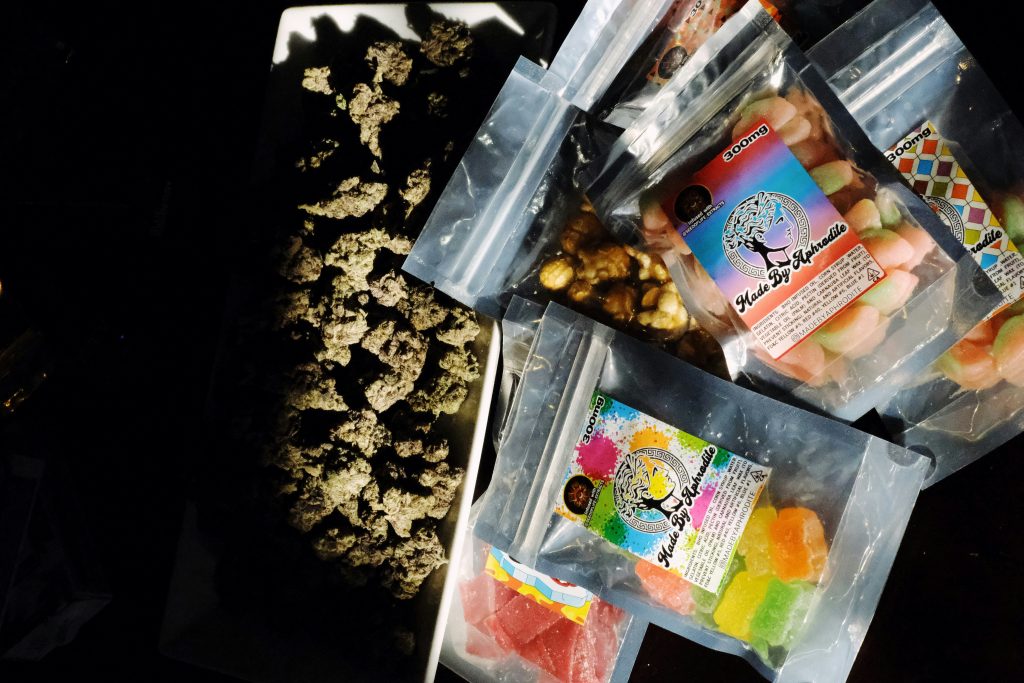
KARK recently reported that a school nurse in Searcy was honored at last week’s school board meeting for saving a student from an apparent THC overdose.
According to the article, RN Amy Dutton was in her office when a student came in, complaining she wasn’t feeling well. The student told Dutton she had taken a THC gummy. THC is the primary psychoactive substance found in marijuana.
The student reportedly became nonresponsive as her blood pressure and heart rate plummeted.
Dutton gave the student Narcan, saving her life.
Narcan typically is used to reverse opioid overdoses, but research shows it may also be used to treat overdoses on THC and other cannabinoids.
The story is significant, because right now the group Arkansans for Patient Access is actively working to pass a constitutional amendment that would drastically expand Arkansas’ medical marijuana laws to enable recreational marijuana statewide.
The amendment does not place any limits on the amount of THC that marijuana products and edibles can contain.
If passed, the amendment would guarantee marijuana growers and sellers a monopoly over the state’s marijuana industry.
The amendment would give free marijuana cards to immigrants and out-of-state residents who come to Arkansas.
Marijuana users would no longer need to show they suffer from a specific medical condition listed in state law. People would be able to grow and use marijuana at home.
It also repeals restrictions on marijuana advertising.
All of this would lead to more marijuana and more marijuana use in Arkansas.
Arkansas voters rejected marijuana legalization at the ballot box in 2022. That amendment was opposed by a broad coalition of churches, business groups, elected officials, and citizens who knew that marijuana would be bad for Arkansas. We anticipate similar opposition to the 2024 marijuana amendment.
Articles appearing on this website are written with the aid of Family Council’s researchers and writers.


